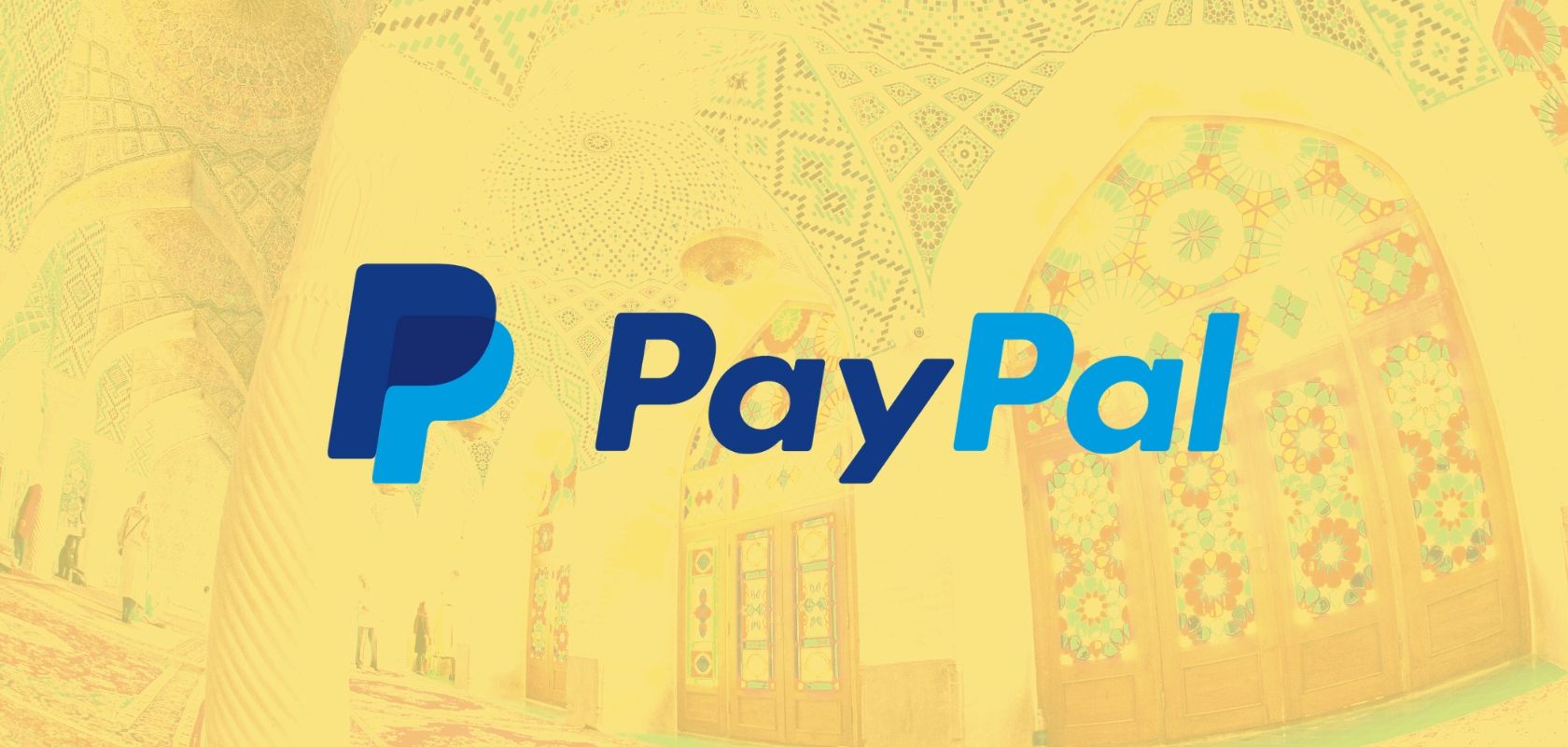Independent news website The Grayzone calls out PayPal for blocking donations that praise their coverage of Iran or mention free speech.
In a January 9 blog post, Assistant Editor Ben Norton wrote “Following the US government’s assassination of top Iranian general Qassem Soleimani, PayPal has delayed and blocked numerous small donations to The Grayzone that mentioned this website’s news coverage of Iran.”
Norton also accused Facebook of censoring “The Grayzone video reporting on the US government’s escalation against Iran and its ally Hezbollah.”
He compared PayPal’s actions to the freezing of donations to WikiLeaks in 2010 before permanently suspending their account. “Now independent journalism websites like The Grayzone are suffering from blockages imposed by PayPal that appear directly linked to Washington’s aggressive actions in the Middle East.”
Their first example was of a $10 donation from a US citizen in California. This donation included a note thanking them for their “coverage of the murder of Soleimani and war with Iran.” The Grayzone was informed via email that the donation was pending.
The donor also received an email from Paypal, demanding an explanation for her donation: “An explanation of the reference to ‘Iran’. The purpose of this payment, including a complete and detailed explanation of what is intended to be paid for. A sales receipt or other documentation pertaining to this transaction. Full name, address, and current location of the Beneficiary of the payment.”
The donor did not give PayPal what they wanted, so the donation was reversed. They decided to close their PayPal account and commented, “Really? Am I now subject to surveillance because I used the word ‘Iran’? Why do you continue to use PayPal which long ago proved itself to be yet another corporate totalitarian?”
As for the Facebook censorship, Norton had tweeted on the matter. The video was factual and journalistic, containing no opinions, commentary or explanation. Facebook claimed the post went against their standards on “dangerous individuals and organizations” that exist to “prevent and disrupt offline harm.”
It seems like these sanctions are being used, intentionally or not, for censorship of voices that criticize government actions in the region.










